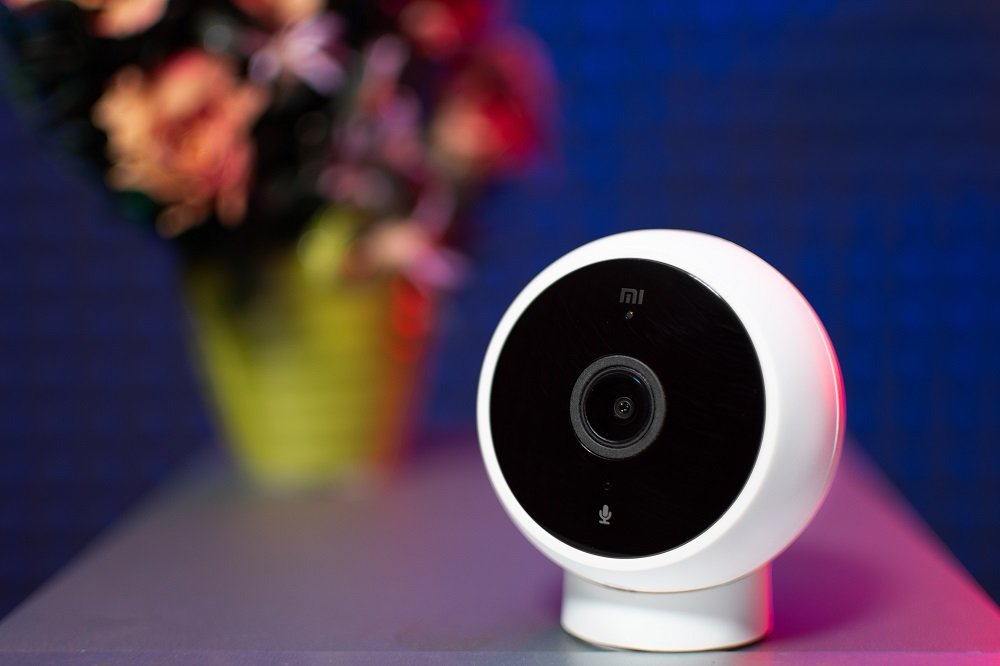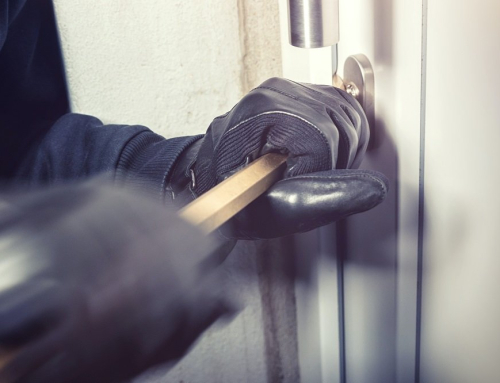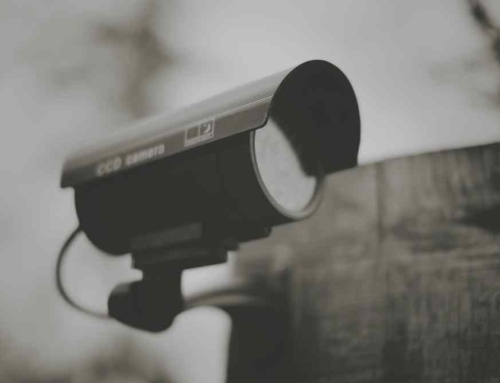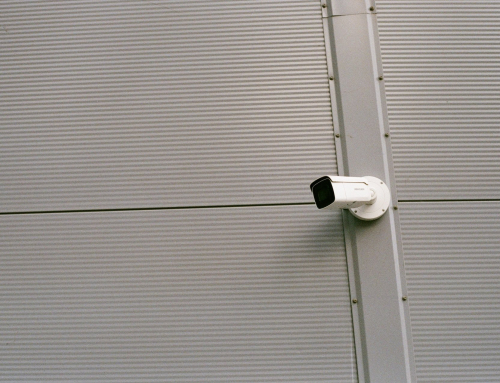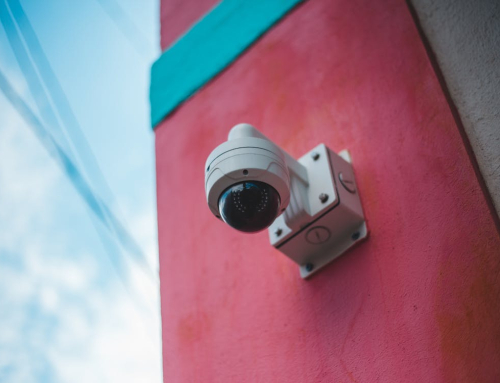An increasing number of homeowners are choosing to increase their security by adding a home security system. The two most popular options currently on the market are CCTV and IP cameras.
Whilst they’re both highly effective in their own right, they have numerous differences that set them apart. Understanding these differences is vital for making an informed decision for your home.
With more than ten years of experience, the team at Tekplex Solutions have ample experience in helping homeowners keep their homes secure. We can assist with both IP camera and CCTV installation; please give our helpful team a call for advice or to get a quote.
What are CCTV Cameras?
CCTV systems have been around the longest. Traditionally, they were used for intrusion detection purposes (primarily for alarm assessment, meaning checking for recorded evidence in the case the alarm has been activated).
This changed with the introduction of higher performing cameras in the 1980s, which saw these systems become the standard in home and business surveillance.
Some things to note about CCTV cameras include:
- They can only use a wired connection
- They’re powered via a coaxial cable
- They only capture video footage; it’s sent to a DVR for processing
- They cannot store footage internally
- They offer enhanced capability in low-light environments
- Their housing is quite durable
- They use and transfer analog data
What are IP Cameras?
Known as the next generation of surveillance, IP cameras are like the digitised version of the traditional CCTV system. They provide better image quality and resolution (among other improvements). They also offer multi-user support, meaning multiple users can access the cameras on various devices.
Some things to note about IP cameras include:
- They can use a cellular, Wi-Fi or LAN connection
- They’re powered via an ethernet cable
- They process video footage internally before sending it to an NVR
- They can store footage internally
- They offer enhanced capability with motion detection, video analytics, access control systems and so on
- They use and transfer digital data
How do I Know Which System is Right for My Home?
Determining whether CCTV or IP cameras will be the best choice for your home will require you to consider a few different factors.
-
Price
As they’re an older technology, CCTV cameras are generally the cheaper option when it comes to all the equipment required. The cost, however, comes with the installation – the need for heavier wiring often means that the labour is expensive. IP cameras, on the other hand, require a greater up-front investment, but the installation is easier and, therefore, cheaper.
At the end of the day, the price difference between the two systems is fairly similar. Would you prefer more expensive equipment or a more expensive installation? -
Technology
CCTV cameras transmit a signal to a specific place where the footage can be viewed on monitors. It forms a closed system, meaning that the footage cannot be accessed from elsewhere. IP cameras, on the other hand, transmit real-time video footage via the internet – so you can log in from wherever you are and on whatever device you want to see what’s going on.
Is it important that you’re able to view the real-time feed from wherever you are, or are you happy to check back the feed later on if there’s been an issue? -
Expansion
CCTV cameras require a direct connection to the base station (or DVR), making expansion a little tricky. There’s a limited number of cameras that can be added, as a DVR is only able to accommodate a maximum of 32 – adding more cameras would require the addition of a second DVR. There’s no limit to the number of cameras that can be added to an IP system.
How likely is it that you’ll want to add more cameras to your security system in the future? Can you shoulder the cost of adding an additional DVR or storage to your IP system? -
Tampering
Unfortunately, no system is completely hack-proof. As CCTV cameras are not generally connected to the internet, they are harder to hack (but not impossible).
There is more chance for IP cameras to be hacked, as they transmit over the internet. Keeping your software updated, limiting access, and password protection (among other steps) can help to protect both systems against tampering.
How concerned are you with the possibility of hacking? Unless you’re a celebrity, politician, or someone with access to sensitive information, it’s unlikely that tampering will be of huge concern.
Settling the CCTV vs IP Cameras Debate – Which Is Better?
Ultimately, there is no right or wrong answer in the debate of CCTV vs IP cameras – both options are highly effective in monitoring your home and providing video evidence of intruders or other incidents.
It comes down to what system will better suit your lifestyle and the functionality you want. Whether you’ve reached a decision on a security system for your home or you’re still trying to figure it out, the team at Tekplex Solutions is ready and waiting to offer all the advice you need.

